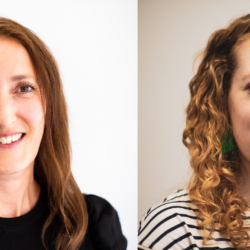Looking Beyond the Data – Using Student Learning Analytics as a Conversation Starter
Dr David Grundy, Director of Digital Education Newcastle University Business School Faculty of Humanities and Social Sciences What did you do? I was part of the Learning Analytics Pilot who were using the Jisc platform, Data Explorer, to have data-informed conversations with my students about their progress and support. I usually have four meetings a Read more about Looking Beyond the Data – Using Student Learning Analytics as a Conversation Starter[…]










